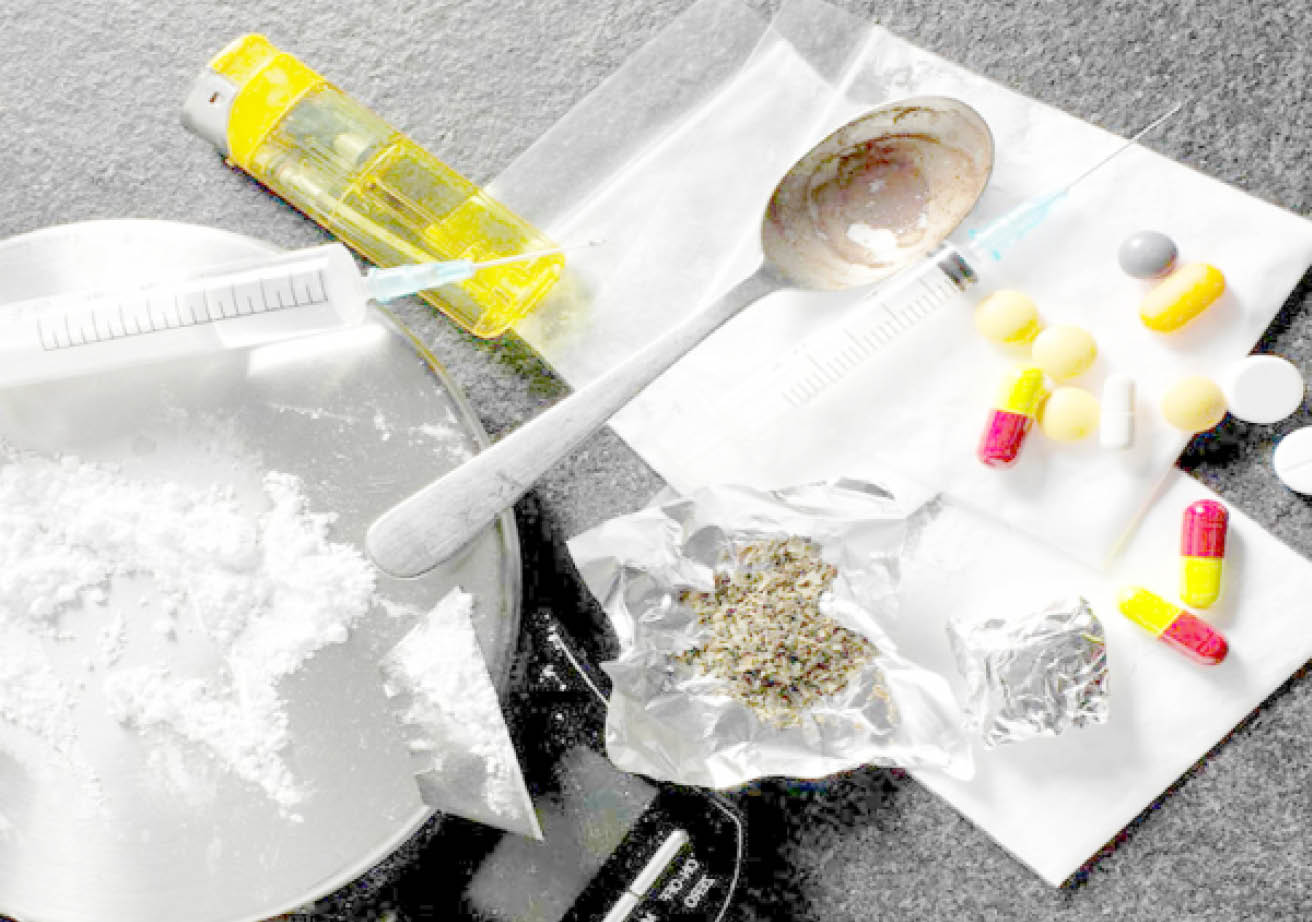Column No.6: Arewa’s growing drug problem
One of my friends, a sister to me really, recently shared a video with me. In fairness to her, she warned me that it contains some very depressing…

Arewa’s growing drug problem
One of my friends, a sister to me really, recently shared a video with me. In fairness to her, she warned me that it contains some very depressing things. Now this sister of mine is a tough cookie, so I braced before I tapped on it to play. And she was right, in the most tragic way. The video was crudely recorded, and in addition to the senseless person recording, it showed two young adults, one male and one female, engaging in an unprintable act, in broad daylight, on what appears to be a side-road typically found in the Wuse parts of Abuja. They were consciously engaging in the act with full knowledge that a couple of passersby were filming them for eventual upload to the internet. Are you thinking what I’m thinking? Yes, drugs. Hard, mind-bending, life-destroying drugs.
I later heard that the female participant in that horrendous video is a young woman from a decent home, while the male is a random drug dealer from whom she was expecting a fix of her preferred addiction afterwards. I also discovered that there exist ‘trap houses’ in Abuja and other major cities in Northern Nigeria, where innocent, drug-free youths are lured, and injected with hard drugs – sometimes forcibly – to begin a treacherous journey into abuse, self-destructiveness, and sometimes even death. Yes, what I have just mentioned is in turns scary and disgusting, as well as infuriating. What have we been doing – or not been doing – to our children in the North to have them turning out this way? And for this long?
We need to as a collective nation have these conversations with ourselves, and more so in the North, where drug abuse is eating through our young, while some individuals with the biggest platforms would rather only discuss divisive politics or spark outrage at whatever new photo Rahama Sadau has posted. That seems to be all we know how to do, while we ignore dire issues that constitute a ticking time bomb that is affecting our very future, and threatening what little agency we have left in the scheme of things as our nation continues to rundle shakily forward. And as soon as these conversations are being had, there is a need for the hardest questions to be asked and for the bitterest truth to be spoken, no matter how hard it is to swallow.
I know that the next thing to come up would be “But the NDLEA is there!” Yes, it’s there, and The National Drug and Law Enforcement Agency does appear to in recent times to have become even more dogged than it’s been over the issue of hard drugs. Under the leadership of General MB Marwa (retired), there has been a noticeable uptick in the operations of the organization. However, there honestly should be a more ‘human’ approach to the problem by the NDLEA, by way of targeted and proactive ways, like campaigns across media, utilization of influencers on social media, and generally more accessible and targeted ways to get to the hearts and minds of the youths in Arewa. Not to put everything on the NDLEA’s shoulders (God knows they have a full plate already with fighting a bevy of other drug-related scourges around the nation)
- Strike: FG implements ‘no work, no pay policy’ against resident doctors
- How FG, states can leverage waterways amidst rising fuel cost
As far back as 2018, the National Bureau of Statistics, and the United Nations Office on Drugs and Crime, published the first national drug use survey, and the results took everyone by surprise: Drug use prevalence stood at more than 14 % almost three times higher than the global average, and research by UNODC of more recent among young people suggests that the situation might even have worsened, with more than 50% of Nigerian youth indicating in 2021 that they knew someone who had used drugs over the course of the past 12 months. Shockingly, and heartbreakingly, the report also revealed drug use among IDPs in Northern Nigeria.
But it’s not all doom-and-gloom. In 2022, a UNODC partnership with NDLEA, the Federal Ministries of Health and Education and NAFDAC successfully closed the largest, longest-lasting and most significant technical cooperation project of its kind ever implemented, such as the National Drug Control Master Plan. It also assisted in strengthening technical law enforcement capabilities and expertise and provided NDLEA with substantial logistical support for its operations, and delivered tailor-made Drug Prevention, Treatment and Care Sensitization training to close to 10,000 frontline workers, including health professionals, traditional and community leaders, police officers and social workers.
Things are dire now more than ever. New estimates of people who inject drugs are higher than previously estimated as treatment services and other interventions fall short, while cheap and easy synthetics are changing drug markets with lethal results. Religious and community leaders should roll up their sleeves and jump into the trenches in this truly important battle for the souls of our youths. Mothers, fathers, uncles and aunts, as well as friends, this is the concern of everyone. Let us all open our eyes to the harsh realities around us that are causing our young to go astray, and without judgement course-correct them. Since there is political will, and there is a most capable government agency handling it, what remains is for the battle to be fought viciously where it can most likely be won: Home.
